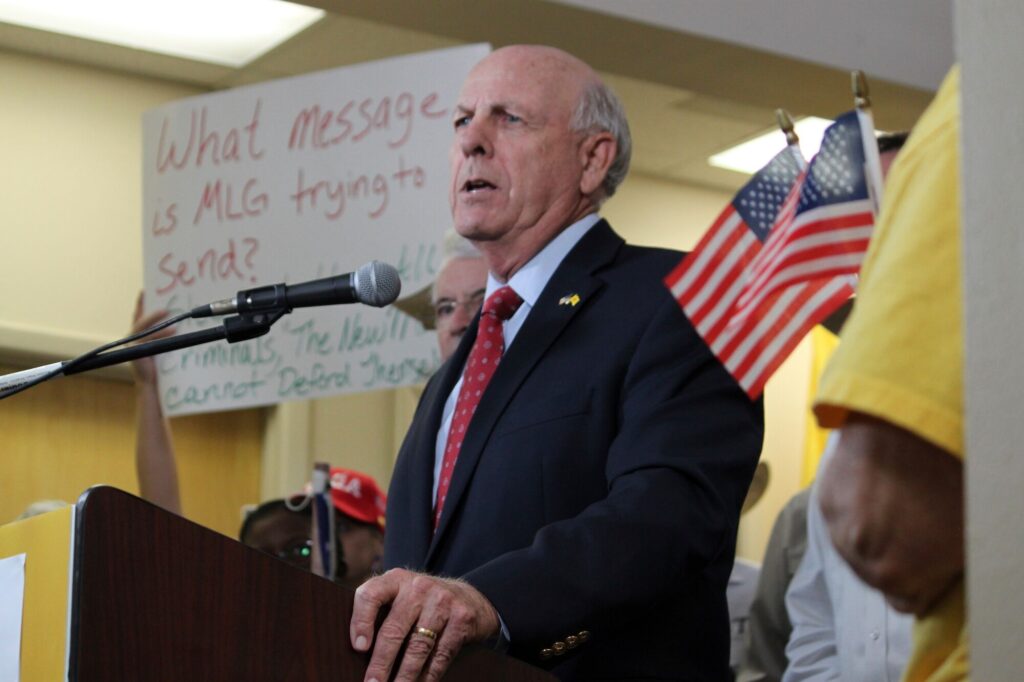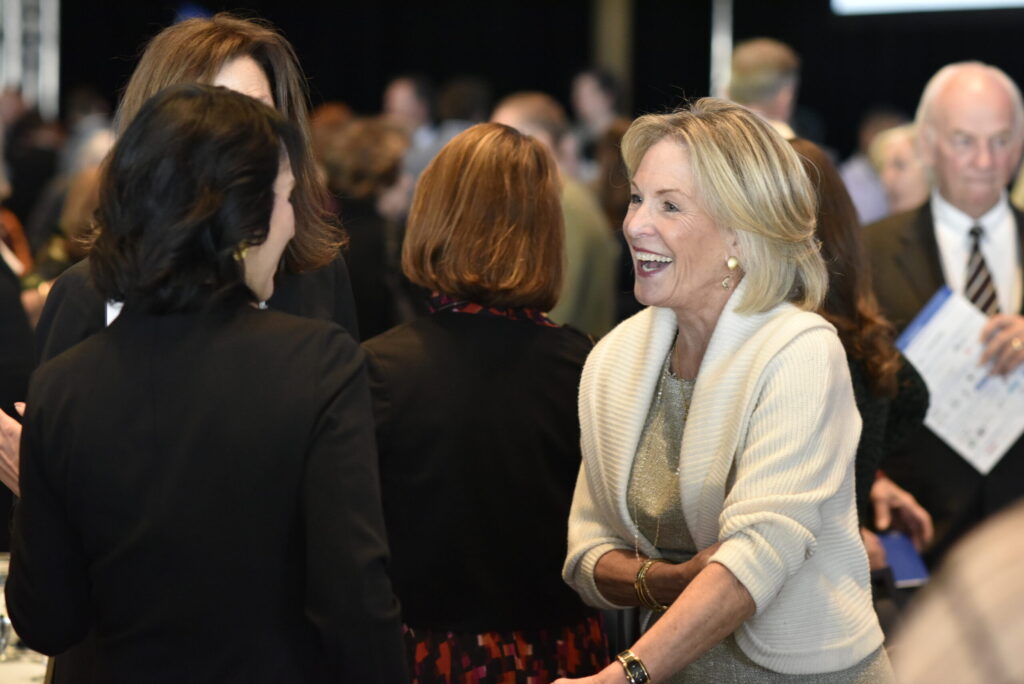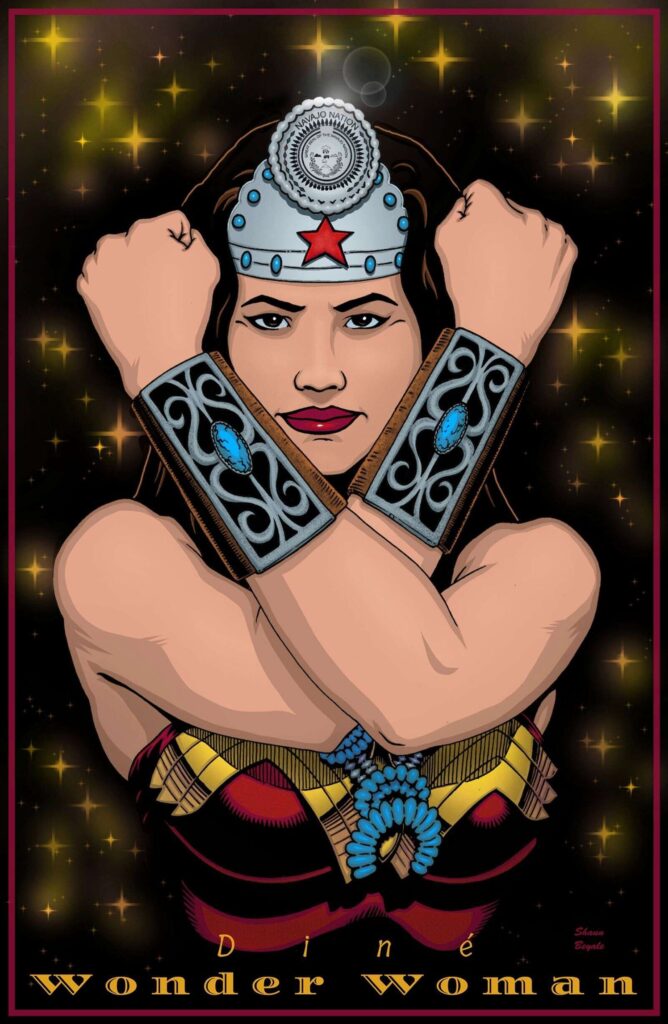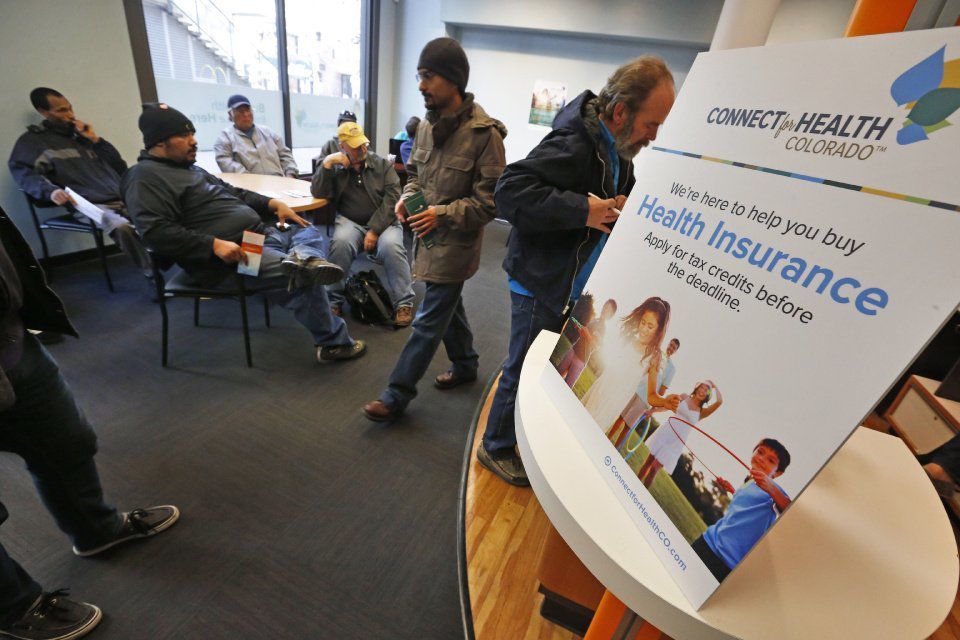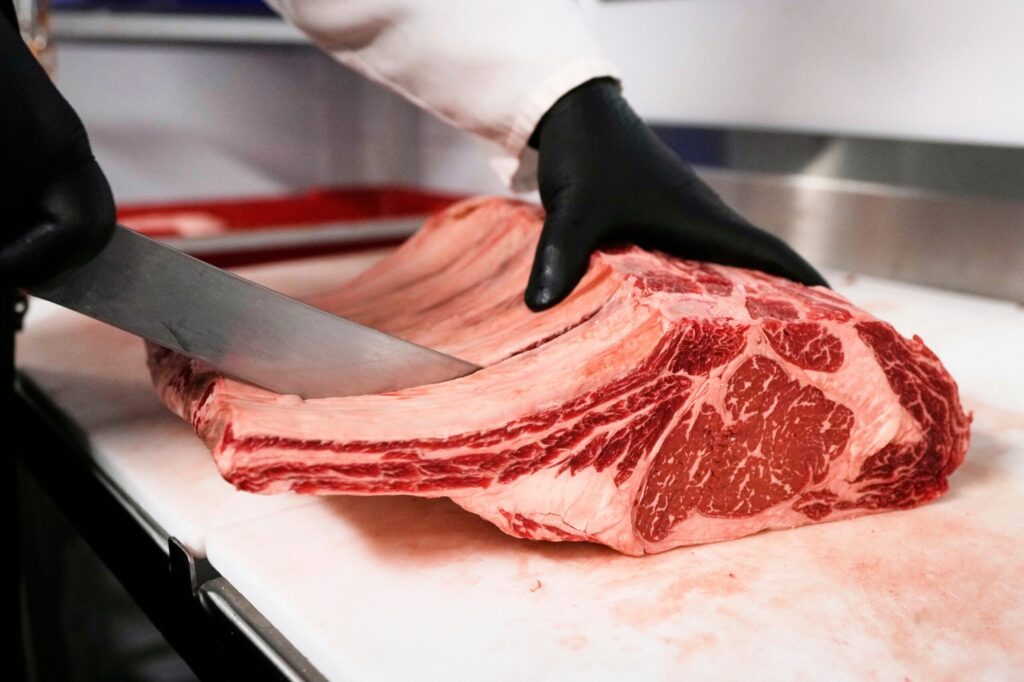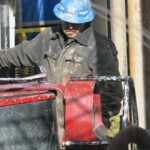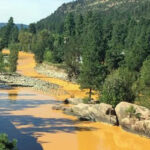Smith: A night with the Ku Klux Klan
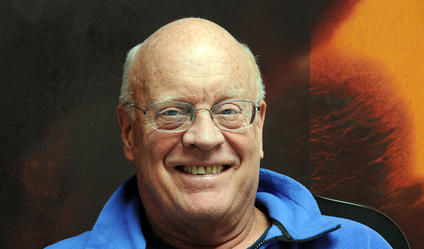
On a steamy Friday night in early August 50 years ago, I was taken prisoner by the Ku Klux Klan outside the small town of Oxford, N.C. I was lucky to survive, but because I got into this mess through my stupidity and the stubbornness of my fellow employees at the Congress of Racial Equality office in Durham, it’s a story I’ve avoided for many years.
Now, however, this recent flood of black/white issues has brought it all back — the continuing examples of racially charged police shootings; the disproportionate number of blacks in prison; a recent visit with my grandson to the Gettysburg and Antietam battlefields, those horrifying scenes of slaughter and sacrifice during the Civil War; studies showing that race relations have deteriorated despite the historic election of Barack Obama; the forgiveness expressed by members of the Emanuel AME Church in Charleston, S.C., after the June 17 killings by Dylann Roof; the subsequent removal of the Confederate battle flag; the death of the charismatic Julian Bond; and, lastly, the comments of the respected writer, Charles M. Blow in the Aug. 10 New York Times: “Society itself is to blame. There is blood on everyone’s hands.”
My initial experience in the south was in 1961 when I was assigned to the 82d Airborne Division at Ft. Bragg, N.C., and for the first time saw overt signs of segregation, such as “White” and “Colored” restrooms. After my second year of law school in Boulder in 1965, I went back as an intern for the Law Students Civil Rights Research Council, the first interracial organization of law students, and was assigned to work for Floyd McKissick, who was the national director of the Congress on Racial Equality and also had a small law firm in Durham. In mid -summer, I got married and then returned to North Carolina where Julie and I lived in a “Freedom House,” which also served as a stopping point for civil rights workers headed farther south, including to Mississippi, where Andrew Goodman, Mickey Schwerner and James Chaney had been murdered the summer before.
Floyd had us do everything from legal research to organizing marches and demonstrations in towns including New Bern. I even helped him represent the singer James Brown in a paternity suit in one of his private cases and functioned as a chauffeur, once transporting Durham’s four other black lawyers to New Bern for a hearing. En route, we heard a tremendous explosion and all ducked for safety. It was just a blowout, however. As I was changing the tire, the sweat pouring off me, I heard a sudden burst of laughter. The four lawyers, relaxing in the shade, were pointing at me, chuckling, as I struggled with the tire. The roles are reversed, I thought, laughing with them.
One Friday evening in late July, Julie and I spotted flyers tacked to telephone poles near Oxford advertising a KKK rally. We found the field where it was to take place and joined the crowd of observers, mostly families with picnic dinners. The featured speaker was Robert “Bob” Jones, the Grand Dragon and the man who had revitalized the Klan in North Carolina. He ranted on and on and then the crosses were set on fire as we sat there speechless.
The following Monday, I told Floyd and the others in the office what we had seen but no one shared my astonishment. In fact, one black student, David Reilly poo-pooed our experience, said that anyone — white or black — could go to a Klan rally and insisted we all go the following Friday.
All week long, we played chicken. David wouldn’t back out and I didn’t have the nerve to just cancel the trip.
So that Friday we headed north: David, Julie and I, and a law school graduate from California named Carol Ruth Silver, who would be LSCCRC’s first full-time intern in the South. She had also been a Freedom Rider in 1961 and had spent 40 days incarcerated, most of them in the Parchman Penitentiary in Mississippi. She later was elected to three terms as a member of the San Francisco Board of Supervisors, serving until 1989.
As we got closer to Oxford, I kept expecting David to yield, but he didn’t. Neither did I. When we reached the rally site, however, I had Julie and Carol wait on the highway by a line of North Carolina State Highway Patrol cars. David and I then drove down into the field. As I stopped our car, David jumped out, approached the man who was directing the parking and asked if he could attend. I can still visualize this man seemingly levitating into the air in shock. Several others quickly appeared, threw David to the ground and searched him. I made it to the roadway and asked the State Patrol for help, but they looked at me as if I were out of my mind. This was not their problem.
Then I heard my name over the loudspeaker. David had given them my name, and they were asking that I come down and explain what was happening.
Once again, the State Highway Patrol offered no help, so I walked to the area where the crosses had been erected and was immediately swept up by an angry mob of some 20 men. David was nowhere in sight. I later learned that he had almost immediately been taken to the local jail and was safely locked up in a cell.
I told my captors that my wife and I were recently married and visiting North Carolina because I had earlier served there in the Army. We had given David a ride because he seemed lost. I told them he had then mentioned the rally and said anyone could attend. After many tense minutes, this story seemed to be working and the mob began to calm down.
Then we heard hysterical screams as a man sprinted towards us. “There are four of them, there are four of them!” he kept repeating, having seen Julie and Carol by the State Patrol cars.
The questioning ensued roughly as follows.
Q: It’s your car, so you were driving?
A: Yes.
Q: And you’re newly married, so your wife was sitting in the front seat with you?
A: Yes.
Q: So the black guy [those aren’t the words they used] was in the back seat with the white woman?
A: Yes?
Q: So you and your wife were driving around with a black guy (having sex with) a white woman in the back seat of your car?
A: No. Of course not.
To me, the comment was preposterous. In the minds of this now-enraged mob, however, sex is the only thing that could be taking place if a black man and a white woman were together in the back seat of a car. Suddenly I heard a rattling sound in the bed of the pickup truck that I was pressed against. Behind me a man lifted a heavy chain. In front of me, another man opened a folding knife with a long narrow blade. They began arguing about who would get to kill me, an argument so intense that I thought they might end up attacking each other.
Finally a tall, calmer looking man spoke up. “I want to kill him too,” he said. “But too many people know that he is here. We’d never get away with it.”
(When the FBI interviewed me two days later, they said they had someone undercover in this group. I’m sure the man who spoke up was the one and wish there some way I could thank him.)
Then the Grand Dragon’s voice came over the microphones, denouncing me. Jones, as I learned much later, was a former awning salesman who had made the North Carolina KKK the most powerful Klan in the country and whose support had helped elect Dan Moore governor in 1964. Now the mob that had been about to kill me had to worry about the possibility of being overwhelmed by a much larger mob incited by Jones.
They took me to Jones’s Cadillac — nicknamed “The Horse” because he put so many miles on it during his recruiting trips — and we worked our way through an angry crowd that included Klanswomen spitting on the windshield, trying to tip over the car. At the local jail, however, the local prosecutor said he could find nothing to charge me with, so we retrieved our car, which had been tipped up on its side, and headed back to Durham.
The FBI then interviewed me and told us about their undercover man. Knowing that the KKK had our license number and probably knew where we were living — and would find out soon enough that I worked for CORE, an organization they detested — the agents suggested we consider moving on.
Back at Floyd’s office, David had disappeared, so I never had a chance to talk to him, Floyd had been laid up with a serious bee sting, and our project seemed to have run out of steam. So Julie and I packed up, said goodbye and headed for home. I never saw Floyd again and deeply regret that. He was a heroic man who has gotten far less credit than he deserved as a civil rights leader, partly due to his subsequent split from CORE and endorsement of Richard Nixon for president in 1968. He was a hero to me, and working with him had a great influence on me — leading me to the Adams’s County public defender’s office rather than a big Denver firm, to the Colorado House of Representatives with a focus on prison reform and mental health, to work on behalf of migrants in Denver, and now to making monthly trips to the Mexican border to assist a variety of humanitarian programs there.
It’s hard to deny how much had changed in those 50 years. The idea of separate restrooms seems preposterous today, as does the idea a state police agency would simply turn its back on someone being taken captive by an organization as venal as the Klan, or that we were told that whites had to sit on one side of the courtroom and blacks on the other when we went to David’s arraignment. (We ignored the order and no one said anything.) However, despite the dangers in those days and the then-monolithic structure of segregation, there was an optimism that I don’t see today. Floyd was an optimist, in part, I believe, because he went out and did things instead of just talking about them. And he did them despite the great personal risks. In addition, the young people who passed through our Freedom House on their way south — to places we assumed were much more dangerous than North Carolina — were also doers and not just talkers. To lump everyone together and say they all have “blood on their hands” is an insult to the many people who have fought and risked to make this country a better place.
Morgan Smith is a former state legislator and Commissioner of Agriculture who travels to the border monthly to report on issues there. He can be reached at Morgan-smith@comcast.net




